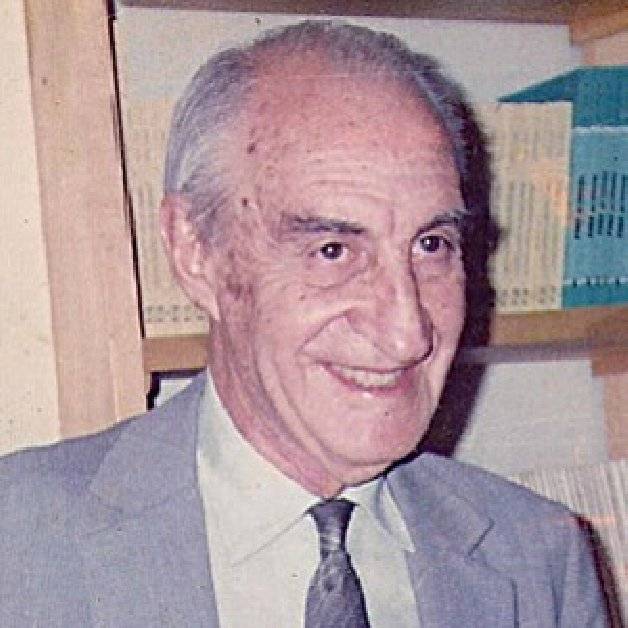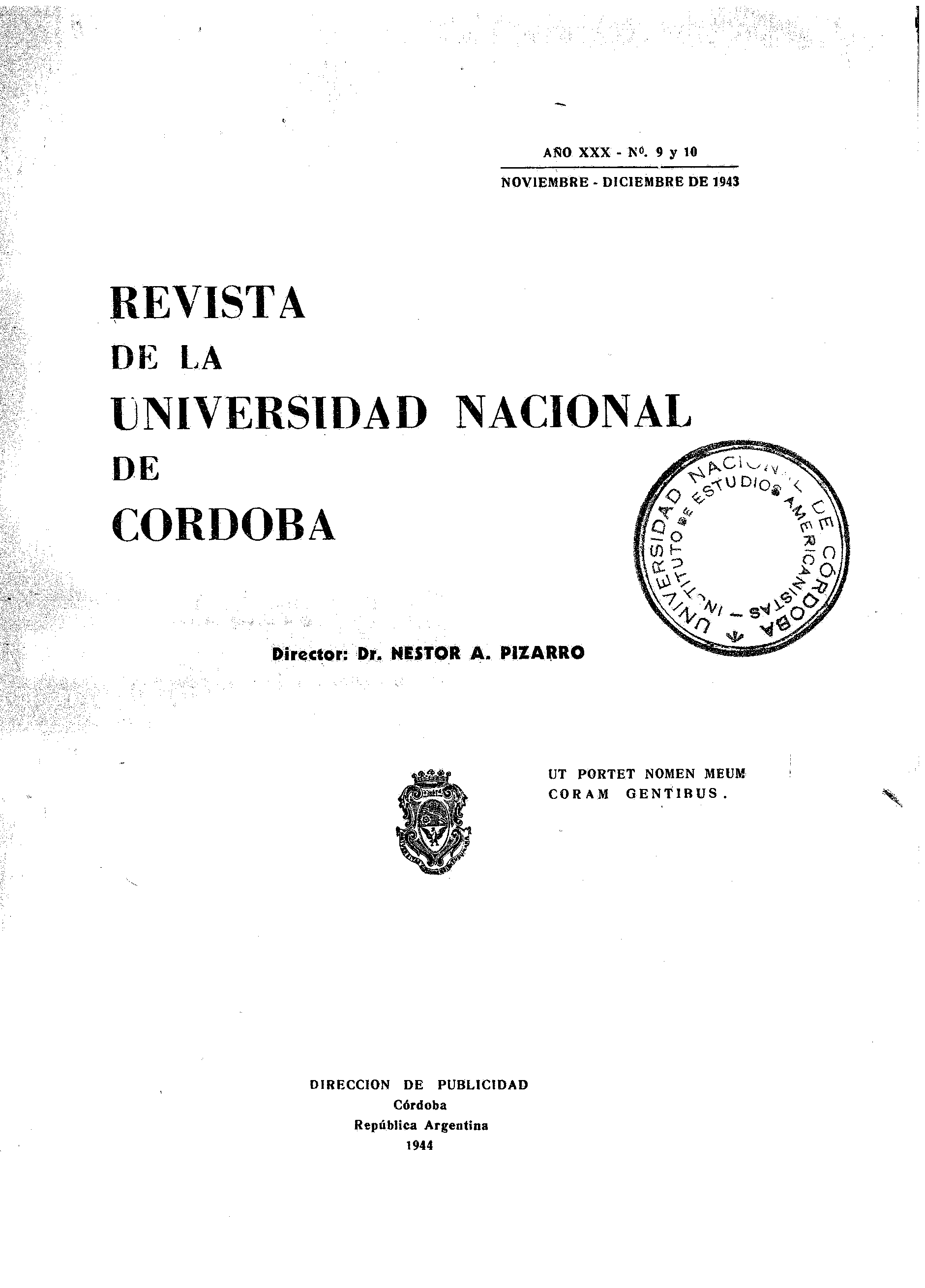Relationship between the Argentine Criminal Code of 1922 and the German Criminal Code
Keywords:
Criminal Law, Legislation, Weaver Project, German Penal Code, Argentine Penal CodeAbstract
If we were asked for an example of countries in which foreign legislative influence is evident, we would not hesitate to indicate those of South America, and, among them, we would place the Argentine Republic in a place of honor. The reason, perceptible without much effort, is that South American legislation does not have an aboriginal root in many of its aspects. By this we do not mean that we think that the legislation of the countries of South America is totally invaded by exotic legislative problems, lacking in national historical reality. Rather, our statement only has in view, almost in general, the purely legislative aspect of the matter; that is, the juridical regulation of national problems. But, notwithstanding the limits of the observation we make here, the fact is of importance for the juridical life of these states, since, frequently, the legislative technique has a deforming influence on the historical substance that it regulates.
Downloads
Published
Issue
Section
License
Copyright (c) 1944 Universidad Nacional de Córdoba

This work is licensed under a Creative Commons Attribution-NonCommercial-ShareAlike 4.0 International License.
Commercial use of the original work and any derivative works is not permitted, and distribution of derivative works must be made under a license equal to that which governs the original work.







